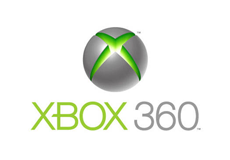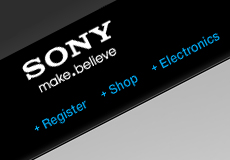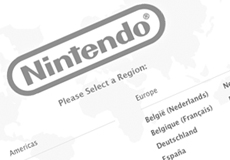Nintendo Network ID: Pros and Cons of Wii U Restrictive DRM
December 12, 2012
- “The new Nintendo Network ID system that debuted on the Wii U is a sign of progress for a company that has, historically, not shown a lot of savvy in setting up its online systems,” according to Ars Technica.
- With Wii U, users can connect up to 12 separate Nintendo Network IDs to a single system.
- “The new Wii U eShop includes many retail games for download on the same day they reach stores, and does away with the ‘Wii Points’ virtual currency that characterized Nintendo’s previous console,” notes the article. “The company has even promised to roll out a cloud save feature sometime next year.”
- All of this would allow users to access their own games when at a connected friends’ house. However, as the article explains, “it also means a game downloaded to the Wii U in the living room won’t be playable on a second system in the kids’ room, even if the same password-protected Nintendo Network ID was used on both systems.”
- “It also means that if your system breaks down, you can’t just go buy a new one (or borrow one from a friend) and immediately recover your content using your account. Instead, you have to go through Nintendo’s official repair process, waiting up to two weeks for the system to be returned just to maintain the system-locked license data.”
- “I understand that Nintendo is worried about piracy, but its not like Microsoft, Sony, Valve, Apple and Google aren’t,” writes Kyle Orland for Ars Technica. “Yet those companies have all found their own ways to balance protection for their online stores with the ability for users to access that content in their own way.”










